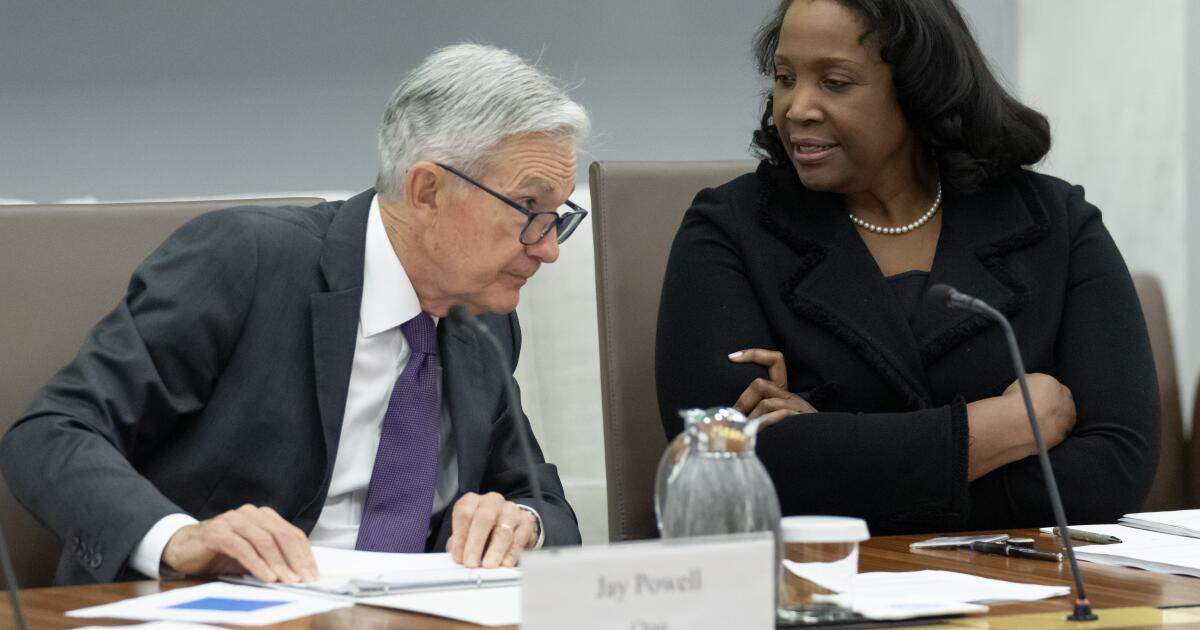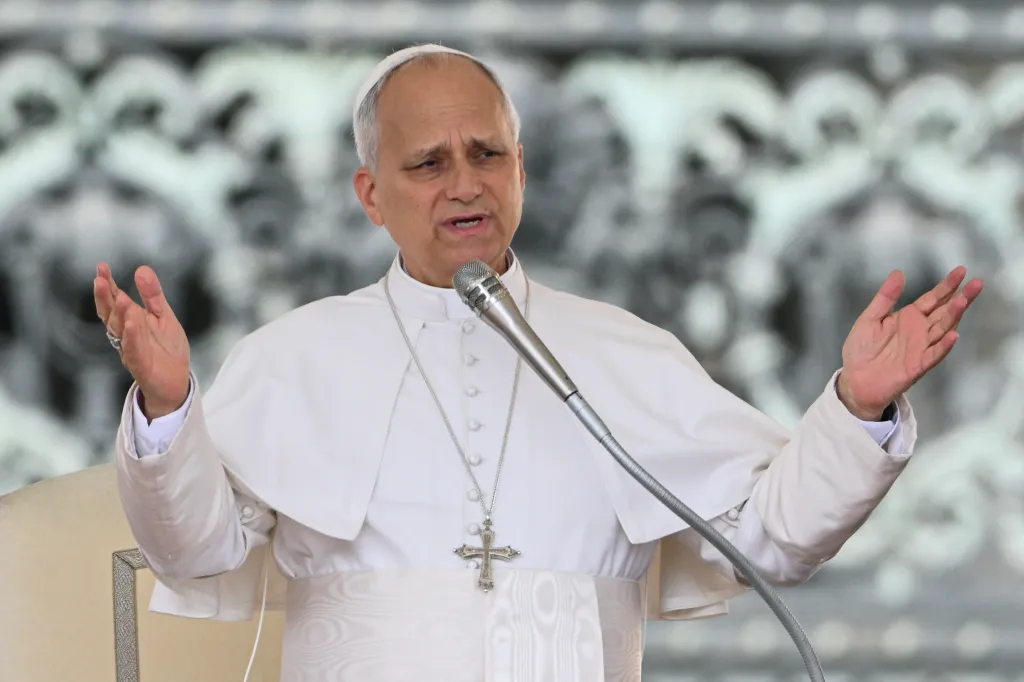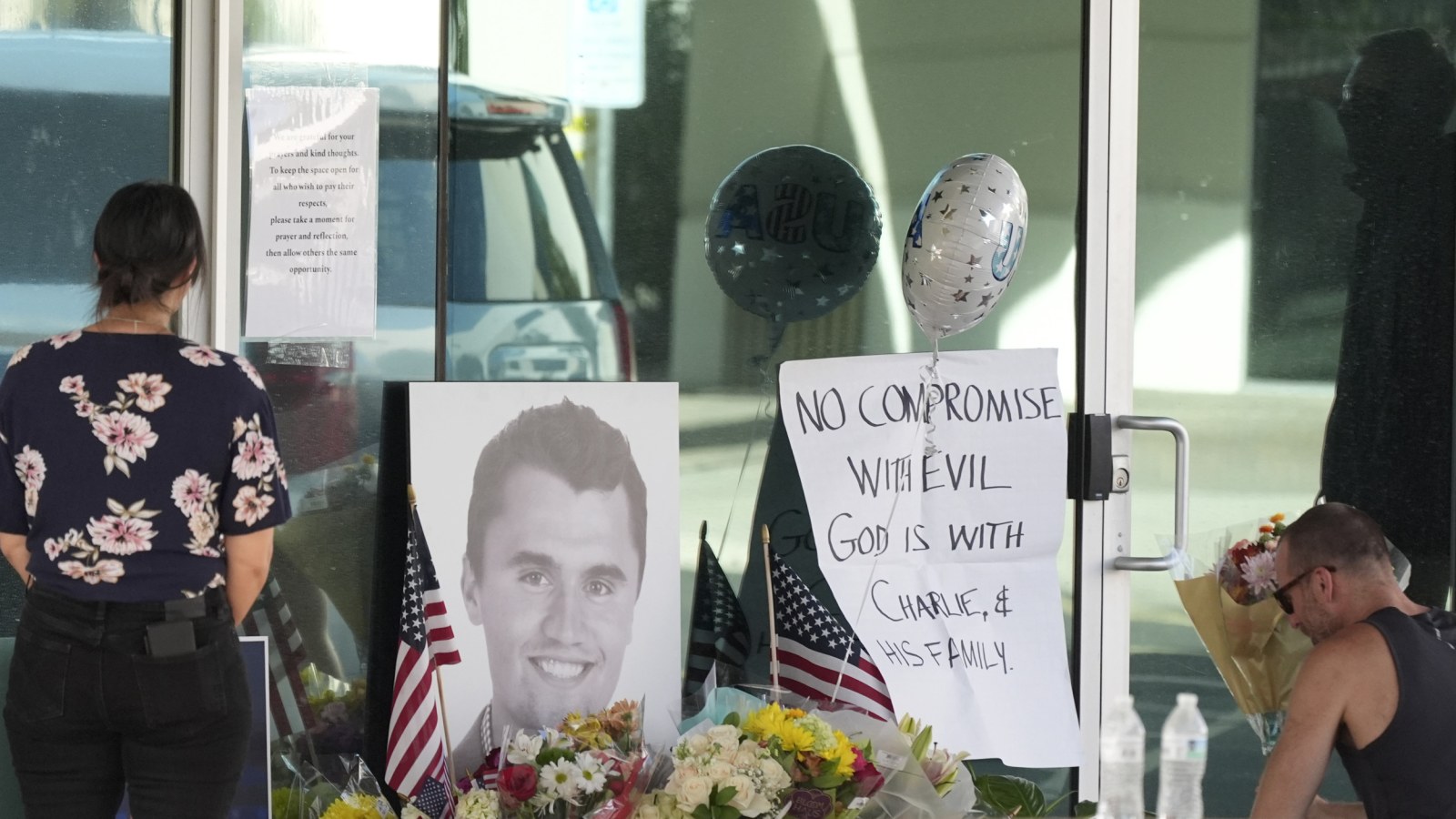
This week most of the world’s governments are set to gather in New York for the annual United Nations General Assembly. There is already one major story-line emerging: prominent Western powers are recognizing a Palestinian state. Many are doing so as a form of protest against what they see as immoral and over-the-top actions by Israel in Gaza in recent months.
Recognition isn’t the same thing as statehood. It isn’t membership in the United Nations. It doesn’t change control, borders or territory. Israel’s status is unchanged. Yet with the United Kingdom, Canada, and Australia formally announcing recognition of a Palestinian state — and France expected to follow — the question is unavoidable: what does it actually mean in practice?
Over the weekend these three countries broke with decades of hesitation and joined 144 out of 193 UN members who have already recognized Palestine. They did so against the wishes of the United States and Israel, both of whom argue that recognition should only come at the end of a negotiated peace process, not in the middle of a conflict. Israel denounced the announcements as a “reward for terror,” pointing to Hamas’ role in the October 2023 attacks and its continued control of Gaza. The United States has similarly described the recognitions as “performative” and not something that changes conditions on the ground.
The practical answer begins at the UN. Recognition does not make Palestine a full member state of the organization. That status requires a Security Council recommendation, and the United States can veto it. This is why Palestine remains a permanent observer, even after years of incremental advances such as being admitted to UNESCO and the International Criminal Court. Nothing in this week’s recognitions changes that reality.
Advertisement
Nor does recognition instantly change who controls what on the ground. It might imply the Palestinian Authority can speak for Palestine over all, but that is not actually the case. The Palestinian Authority maintains limited self-rule in parts of the West Bank, but Hamas controls Gaza. Israeli security forces continue to operate freely in many areas, and settlement construction proceeds. Recognition does not compel Israel to withdraw troops, dismantle settlements, or hand over security control.
Advertisement
It also does not legitimize Hamas, despite claims by Israeli Prime Minister Benjamin Netanyahu and President Trump. All three of the countries that recognized Palestine this week, along with France if it follows through, continue to classify Hamas as a terrorist organization. Their leaders have been explicit that recognition is of the Palestinian Authority and the principle of statehood, not of Hamas itself. UK Prime Minister Keir Starmer made this point again during a joint press conference with Trump last week.
What it does do, at the most immediate level, recognition allows for diplomatic formalities. The Palestinian Authority can open embassies in these countries, send and receive ambassadors, and sign bilateral agreements. It also carries symbolic power: a country that was previously treated as a “delegation” or a “mission” is now treated as a state. That symbolism matters in international law, where arguments about sovereignty, jurisdiction, and recognition are reinforced by the number of states acknowledging you.
It also reshapes the diplomatic map. For decades, some of Israel’s closest allies — especially in Europe, North America, and the Pacific — withheld recognition in deference to US policy. With the UK, Canada, and Australia now crossing that line, the American and Israeli position looks more isolated. France’s expected move would underscore the trend. The signal is clear: patience with waiting for a comprehensive peace deal before conferring recognition has run out.
Advertisement
This creates a kind of political leverage. When Palestinian representatives bring cases to international courts or appeal to UN agencies, they do so with growing legitimacy. When UN experts say famine exists in Gaza — in direct contradiction to US and Israeli claims — it matters that so many recognized states agree with the premise that Palestine is a sovereign actor. It gives those arguments weight.
Domestic politics also play a role. In each of the countries making the announcements, public opinion has shifted after nearly two years of war in Gaza. Recognition is a way for governments to show that they are listening, while also staking out moral distance from Israeli policy without abandoning Israel itself. It allows these leaders to reaffirm their support for a two-state solution — a position that, notably, most American politicians from both parties still say they favor — while nudging the conversation toward what comes next.
But recognition cannot resolve the core disputes: where the borders of a Palestinian state should be, what happens in Jerusalem, how security can be guaranteed, what role Hamas plays, or how to address settlements and refugees. Without American support, the UN system will remain locked. And without negotiations on the ground, facts there will remain unchanged.
Still, dismissing recognition as empty misses the point. In diplomacy, symbolism is substance. What happened this week is not the birth of a new state, but the erosion of a diplomatic consensus that had held for decades. More countries now treat Palestine as real. That changes the stage, even if it doesn’t change the play — at least not yet.
Advertisement
James Pindell is a Globe political reporter who reports and analyzes American politics, especially in New England.



